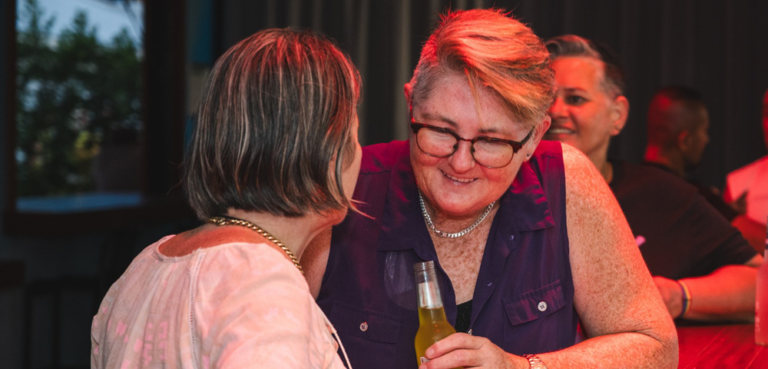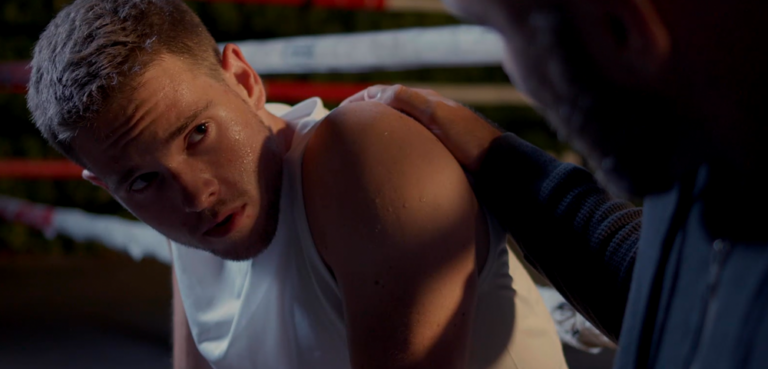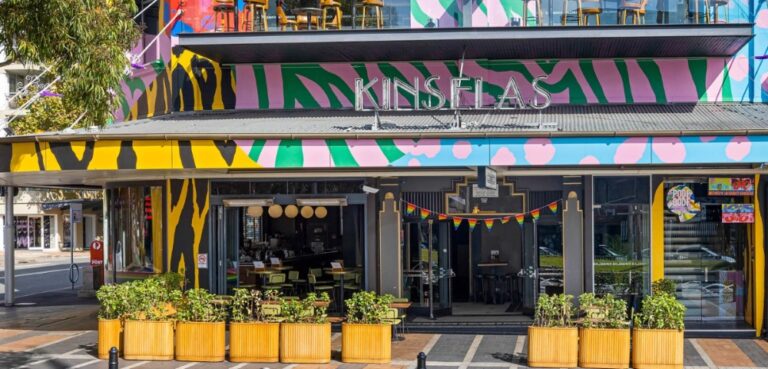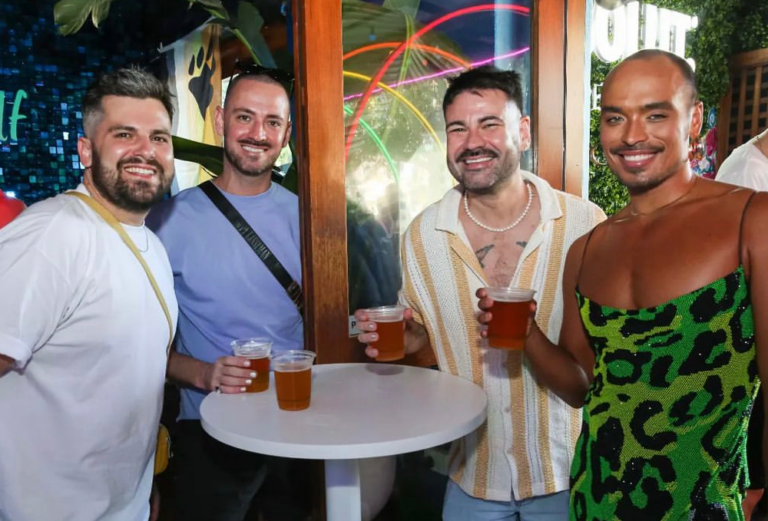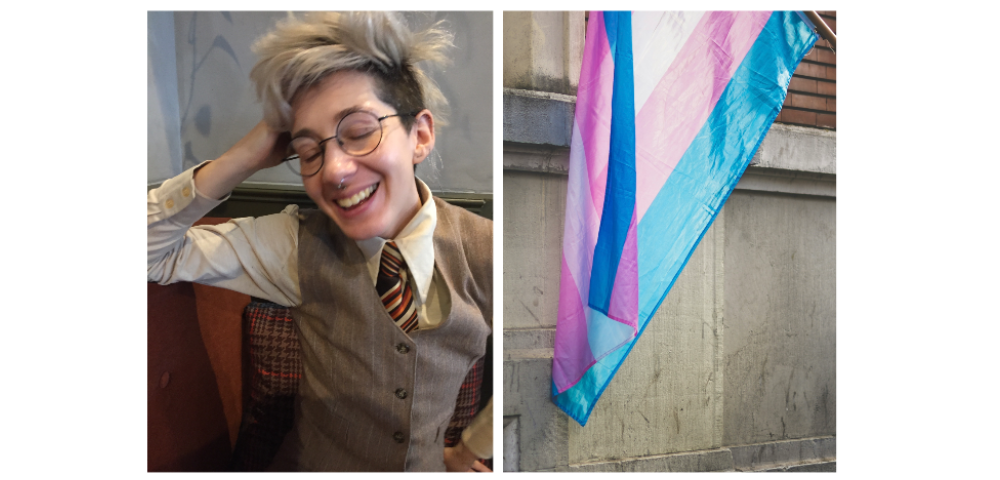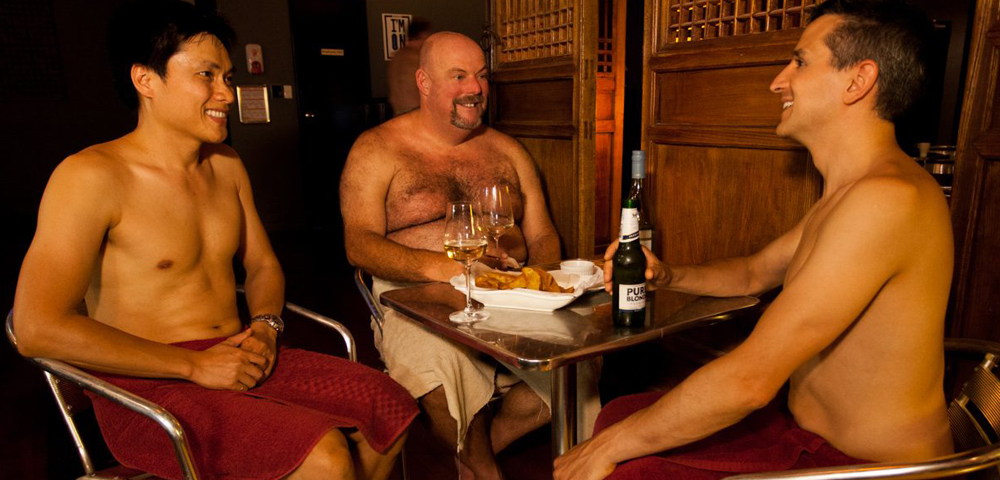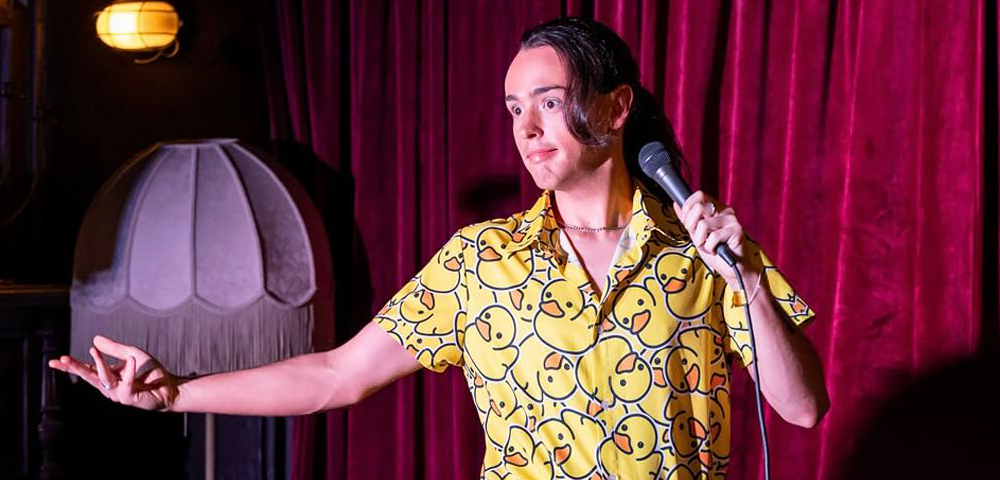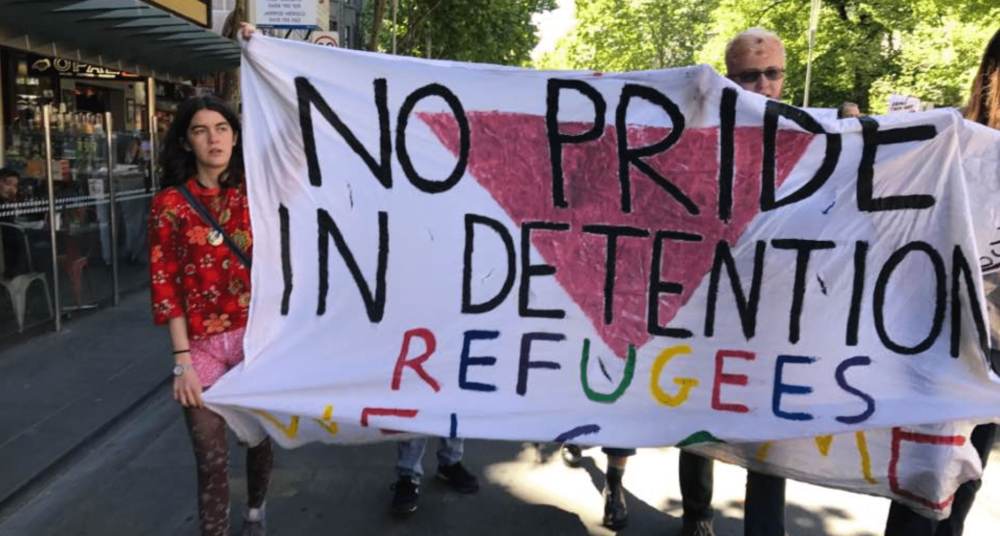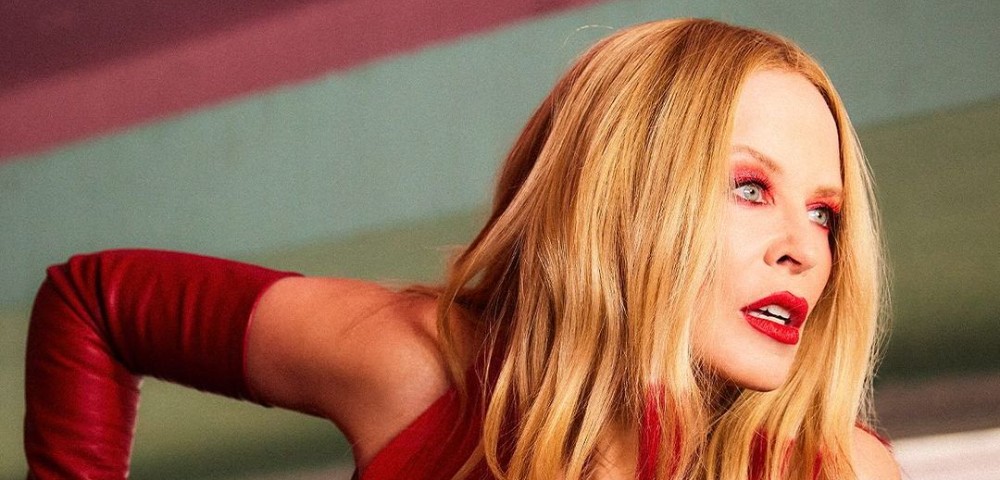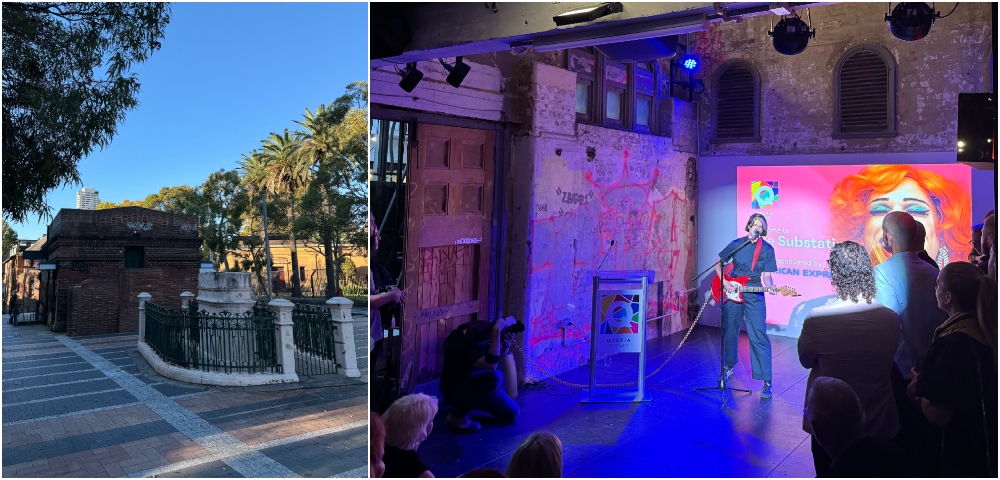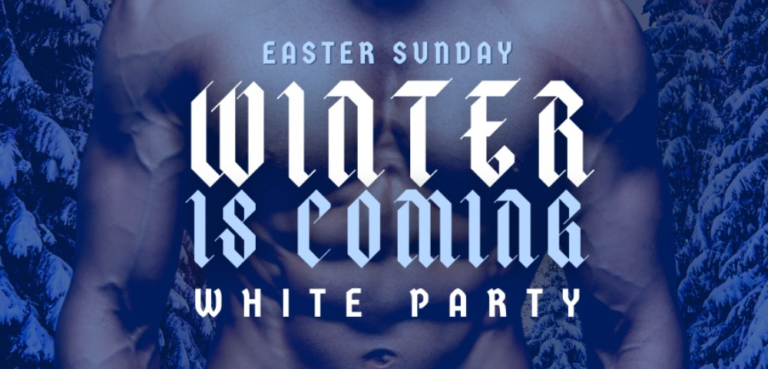
How growing up trans has changed since the ’90s

How has trans acceptance changed since the nineties tried to make double denim and crimped hair happen? Jess Jones recalls high school and how things could have been different for him as a trans kid in the nineties.
* * *
I’m often asked if I always wanted to be a boy, and the answer is no. Not consciously, anyway.
I didn’t start gender transition until I was 30, and part of me wishes I’d known earlier. In a way, the years before transition feel like a lot of lost time.
These days, kids who know they’re trans—family and money permitting—can start puberty blockers and hormone replacement therapy early, ensuring they never go through the ‘wrong’ puberty in the first place.
I’m somewhat jealous of younger trans guys who have access to medical transition in their teens who will never have to worry about menstruation or mastectomies.
If I were a kid now, in 2017, I’d potentially be able to transition at a young age. But I was a kid in the nineties, when most people didn’t really know what trans meant at all.
Everybody still thought ‘tranny’ was an okay word to use, and it usually referred to the kind of caricature of femininity used by sitcoms for cheap laughs.
Chaz Bono was decades away from coming out. People didn’t have internet access to learn about trans issues. The world was hugely different.
Even if I’d known I was a trans boy growing up, there would have been no medical transition and very limited social support.
I was bullied enough in school for being the weird kid. It would have been infinitely worse had I been openly trans at that point in time.
There were no gay–straight alliances or LGBTI student groups for me.
I went to a big high school, and I don’t recall anyone else even being out as queer.
I copped quite a bit of harassment for being a queer girl in high school, but I can recognise that my gender still gave me a kind of privilege.
Queer girls got leered at, or grabbed, or asked invasive sexual questions. Queer boys got bashed.
Even the way we talked about gay people was different back then.
You don’t hear slurs like ‘poofter’ and ‘faggot’ thrown around much anymore—at least not by young people—but I remember hearing boys calling each other those things all the time.
Being gay wasn’t even seen as an identity yet; we were still calling it an “alternative lifestyle choice”.
And remember Ellen being cancelled because an open lesbian wasn’t welcome on television? It was still a hostile time to be queer, let alone trans.
Boys Don’t Cry was released when I was in year 11. I saw it when I was a teenager. I’d like to re-watch it but I suspect it would be too close to the bone now.
I don’t know any trans guys my age who were out in high school, so I can only guess what the experience would have been like.
I can imagine years of being treated like a freak by a school and a world that didn’t know what to make of me.
Going through school as a queer girl, and not as a queer trans boy, undoubtedly saved me a lot of violence and trauma.
So, as much as I often wish I’d known sooner about being trans, at the same time I’m thankful that I didn’t have to go through wanting to transition at a different time in history.
In many ways it’s lucky that I wasn’t ready until a time when transition was easy to access.
I have so much admiration for kids now who are fighting for LGBTI rights and normalising diversity in schools and communities.
Changed attitudes through generations are now allowing people to be themselves earlier, and I love seeing it. I wish that kind of environment had been there for me and others like me twenty years ago.
